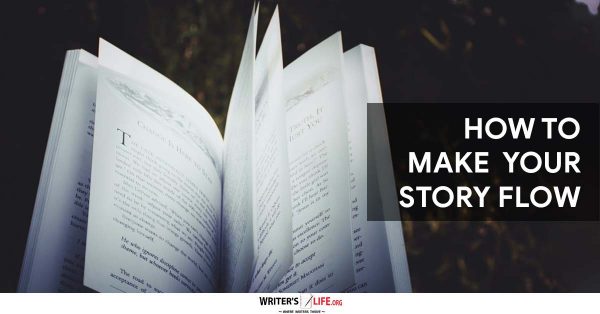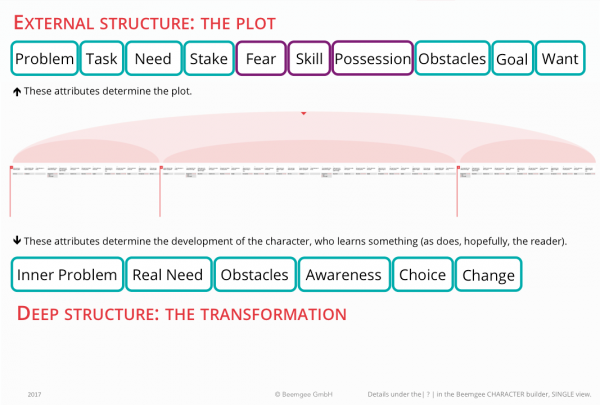redzwritez
Well-Known Member
- Joined
- Jan 26, 2022
- Messages
- 86
How do people manage to make their stories flow? A lot of stories and books seem to flow. One part comes to a close and then it flows into the next bit. One character's perspective shifts to another character's and it just makes sense when you're reading it. When I try to plan out my stories though the first bit winds to a stop and then nothing feels right. It's like whatever happens next happens because I needed to force it in there. Does this happen to anyone else?







